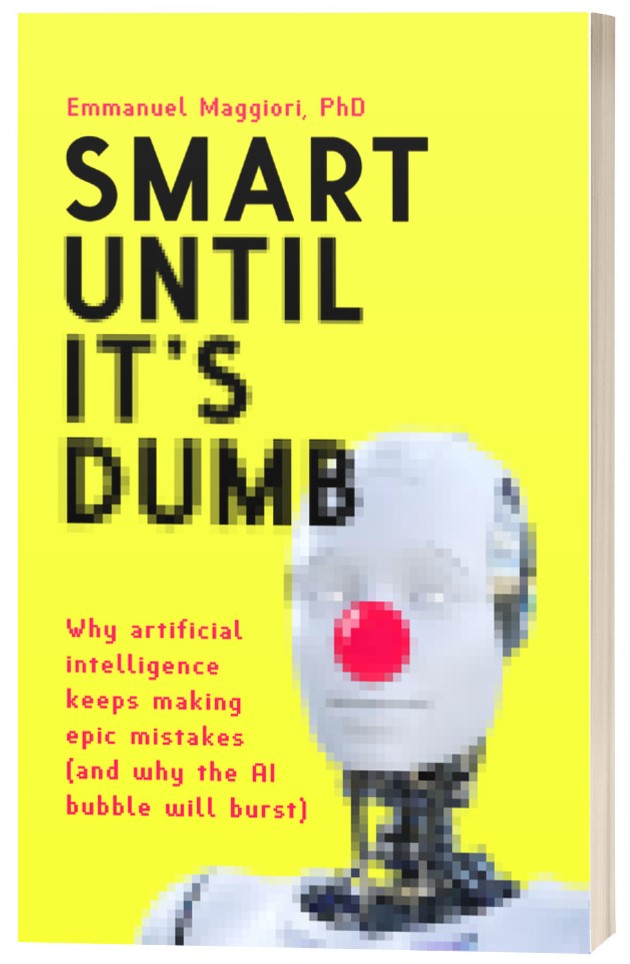Last Friday, Shopify’s president Harley Finkelstein announced a new feature of their shopping app: A ChatGPT-based chatbot that helps users do their shopping. He posted a promotional video showing how, after having a long-winded conversation, the chatbot helped him buy $1,000 worth of utensils to host a Japanese-themed party (the guy definitely knows how to throw a party). According to Finkelstein, “This is just the beginning of AI for e-commerce.”
But the internauts commenting on the post seemed rather skeptical; they weren’t sure customers really wanted this feature. One said, “People don’t want to have unnecessary conversations; they don’t want to have them when shopping in a physical store and won’t want to have them with a machine, no matter how life-like that machine becomes.” Another one said, “Way too much typing/conversation and no one likes being sold to. If I’m hosting a dinner, I already know what I need. Traditional keyword shopping is much faster, has more options and actually makes me feel like I’m in control of the experience.”
One user tried the tool and wasn’t very impressed; he shared this epic fail:

Over the past few weeks, I’ve seen many people assert that AI will definitely bring immense commercial value in all sorts of applications. They make those claims in a rather dogmatic way, without providing examples or justifying their assertions; they speak as if the enormous commercial value of this new generation of AI was self-evident (and you’d be a fool to question it). One internaut even said, “If you’re not planning to use generative AI in your business, you don’t have a business.”
I have seen this pattern many times before. Back in 2016, the self-driving car dogma asserted that it was obvious and unquestionable that self-driving cars would be roaming the streets really soon and they would change urban landscapes forever. Arguments to support this, if given at all, were rather thin, in the lines of, “A computer just won against a human at the game Go, which people thought was impossible,” or “Thousands of people die every year in traffic accidents due to human error.”
One of the things that struck me the most of that time was that everyone seemed to have forgotten an important element to the success of self-driving cars: the customers. No one seemed to speak of what customers actually wanted or how these companies would make self-driving cars commercially viable.
And here we are, in 2023, repeating the same mistakes all over again. Everyone is trying to push AI everywhere without thinking whether clients want it. For example, do the people at Shopify think shoppers genuinely want a chatbot? Or did they get carried away by the AI hype and tried to find a use case for it, putting the cart before the horse?
In addition to launching products customers don’t want, there’s another reason why AI will probably be less commercially successful than predicted. The current AI methodology, based on machine learning, produces software that sometimes makes silly, unexpected mistakes that a human wouldn’t usually make. We saw that in the Shopify example above, in which the system offered red-wined colored nail polish to a user shopping for wine glasses. The supporters of AI tend to wave off these problems as “bugs” that just need to be fixed. However, every time a “bug” is fixed another one seems to pop up. No one has found a way around this yet; a new methodology would have to be discovered.
So, AI will be commercially viable in applications where silly mistakes don’t matter much. Think of the automated translation of hotel reviews on Tripadvisor—users would rather read an imperfectly translated review than no review at all. But, in other cases, AI’s goofs are detrimental to its usefulness and commercial viability. Goofs have brought the industry of self-driving cars to a standstill and, in the case of Shopify, they may deter shoppers from using it.
To avoid disappointment, companies should put customers’ needs first and be aware of AI’s limitations, or else they may end up building products nobody wants or that do a subpar job and cannot be fixed.



Nice post. I learn something new and challenging on websites I stumbleupon every day. It will always be useful to read through articles from other writers and use a little something from other websites.
He was not buying glasses, he wanted to buy the wine. 🙂
This again reinforces why UX research is so important, yet so often overlooked and underprioritized. Business people get involved and just want to create some big thing really fast without taking the time to get to know their users and what the users actually want and need.